Category: 1. Pakistan
-
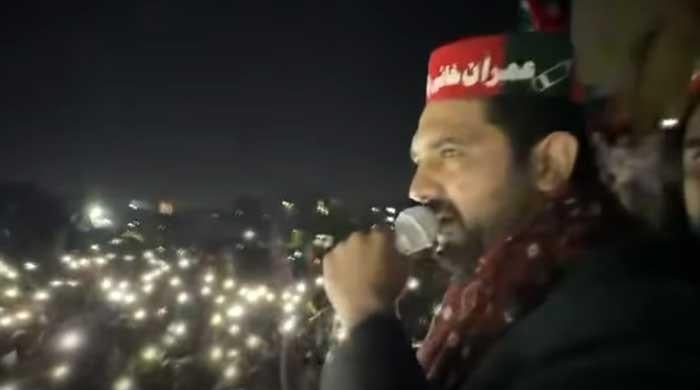
At Karachi rally, KP CM vows to expand PTI street movement nationwide
Khyber Pakhtunkhwa Chief Minister Sohail Afridi addresses PTI rally at Numaish Chowrangi near Mazar-e-Quaid, Karachi, on January 11, 2026. — Screengrab via Geo… -
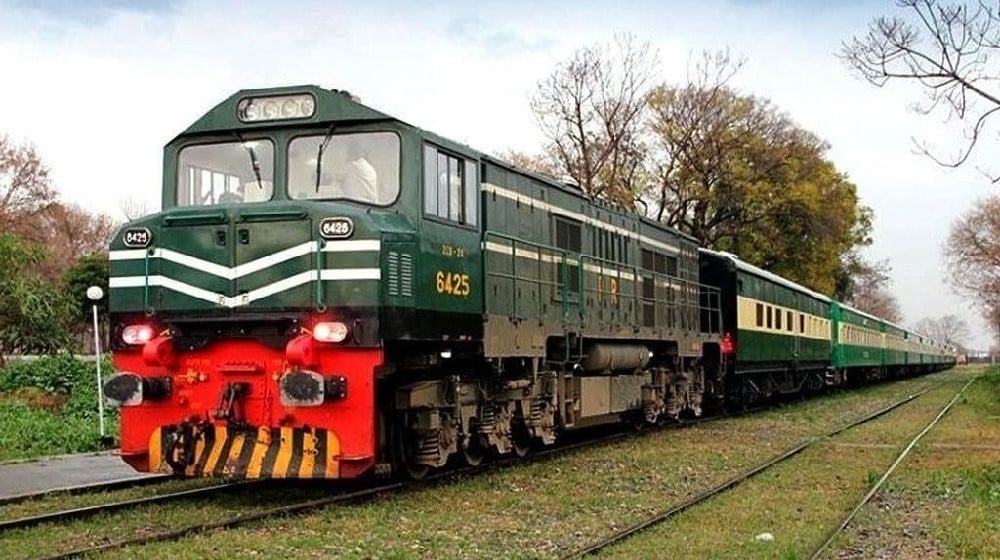
Pakistan Railways Announces Revised Schedule Due to Dense Fog
Pakistan Railways has issued a revised departure schedule after dense fog disrupted train operations, affecting services leaving Lahore for Karachi and other destinations.
According to the updated timings, the Karakoram Express…
Continue Reading
-
Pakistan, Egypt vow to expand cooperation across multiple domains – RADIO PAKISTAN
- Pakistan, Egypt vow to expand cooperation across multiple domains RADIO PAKISTAN
- FM: De-escalation remains paramount for political path الهيئة العامة للاستعلامات
- DPM/FM Dar, Egyptian FM reaffirm commitment to expand…
Continue Reading
-
DPM, Saudi Dy FM reaffirm close cooperation within OIC – RADIO PAKISTAN
- DPM, Saudi Dy FM reaffirm close cooperation within OIC RADIO PAKISTAN
- Pakistan, KSA discuss strategic ties The Express Tribune
- Dar meets Saudi Deputy FM; both sides vow closer cooperation through OIC 24 News HD
- Al Muraikhi meets Saudi Deputy…
Continue Reading
-
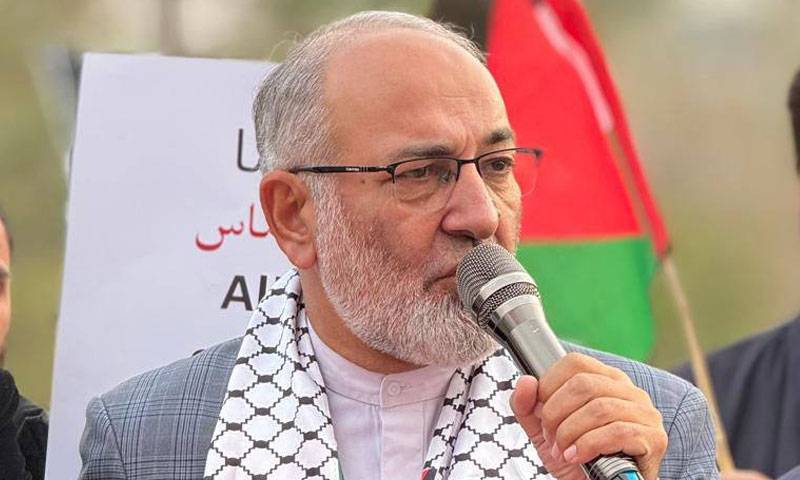
Former senator Mushtaq Ahmad launches new political party
Former senator Mushtaq Ahmad on Sunday announced the launch of a new political party, the Pakistan Rights Movement (PRM), saying it would struggle for constitutional rule, social justice and the protection of fundamental rights.
Addressing a…
Continue Reading
-
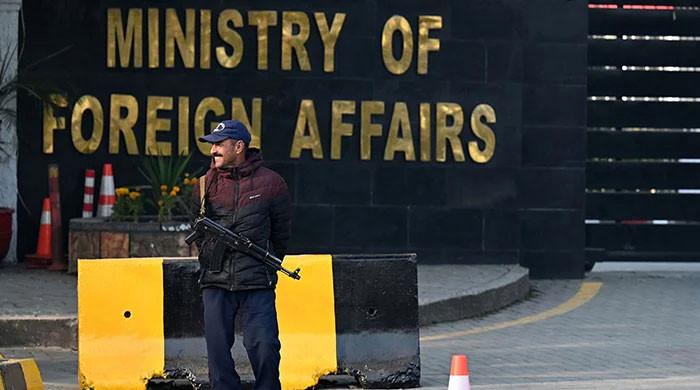
India lacks ‘locus standi’ to comment on Pakistan-Bangladesh defence ties
An armed guard stands outside the gate of Ministry of Foreign Affairs building. — APP/File - New Delhi says observing possible purchase of JF-17 jets by Dhaka.
- Karachi-Dhaka flights to be managed under existing…
Continue Reading
-

International Crisis Group Rates Pakistan as Most Affected by Taliban Takeover in Afghanistan
The Brussels-based International Crisis Group (ICG) says Pakistan has been the country most affected since the Taliban’s takeover of Afghanistan in 2021. It warns that, despite a ceasefire, continued terror attacks could prompt…
Continue Reading
-
OIC commends Pakistan's role in advocating cause of Muslim Ummah – RADIO PAKISTAN
- OIC commends Pakistan’s role in advocating cause of Muslim Ummah RADIO PAKISTAN
- FM Dar to head to Saudi Arabia for extraordinary meeting of OIC Council of Foreign Ministers Dawn
- DPM arrives in Jeddah The Nation (Pakistan )
- Dar reaffirms…
Continue Reading
-
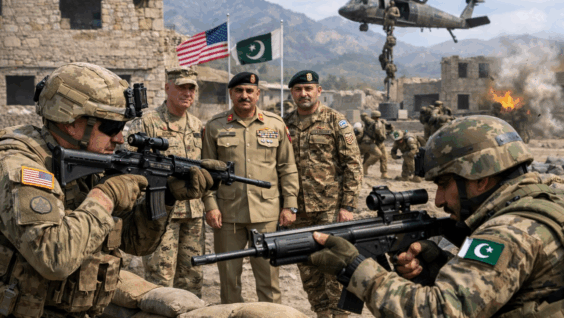
US, Pakistan Deepen Military Ties With ‘Inspired Gambit 2026’ Exercise
The United States and Pakistan have launched the 13th round of their joint counterterrorism exercise, Inspired Gambit 2026, highlighting continued military engagement between the two countries amid shifting regional security…
Continue Reading
-
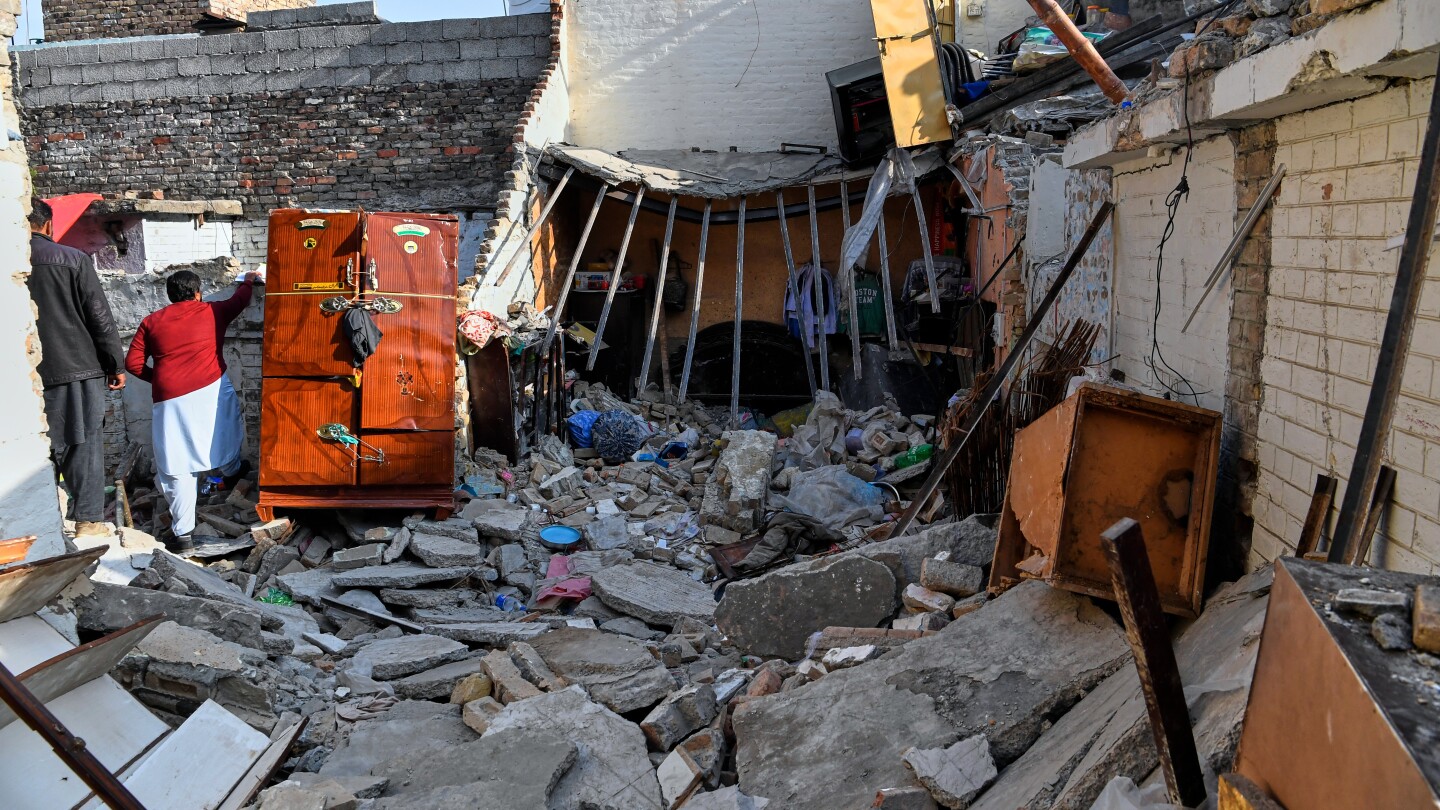
Bride and groom among 8 killed in gas cylinder blast at wedding in Pakistan’s capital
ISLAMABAD (AP) — A gas cylinder explosion early Sunday after a wedding reception at a home in Pakistan’s capital killed at least eight people, including the bride and groom, police and officials…
Continue Reading